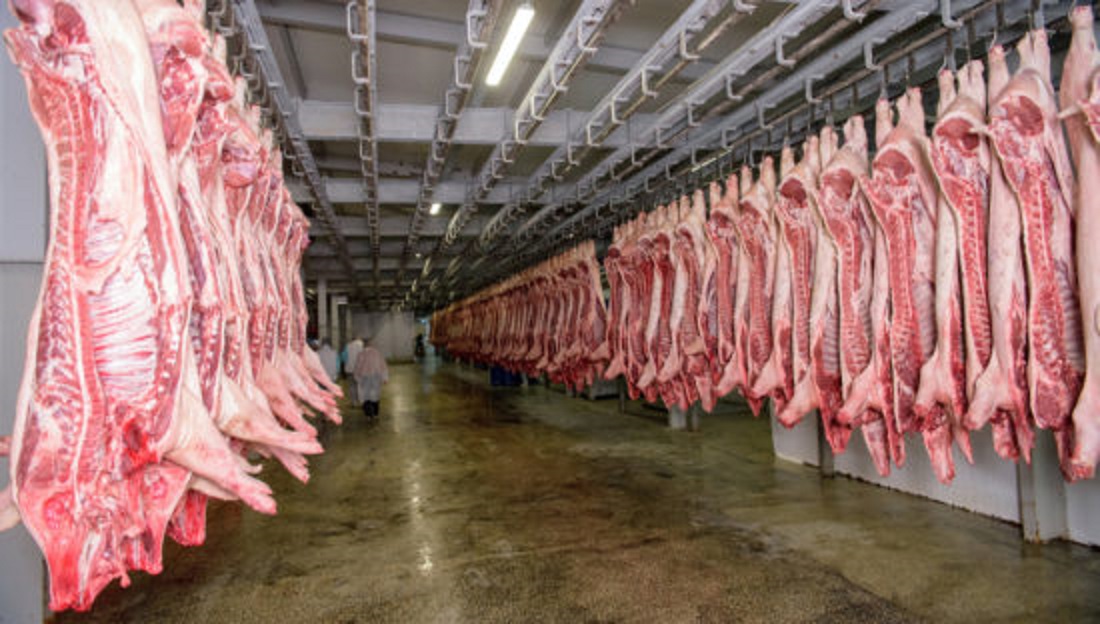11 Dec 2024

Tired Earth
By The Editorial Board

The cost of the climate damage caused by organic meat production is just as high as that of conventionally farmed meat, according to research.
The analysis estimated the greenhouse gas emissions resulting from different foods and calculated how much their prices would need to rise to cover the harm they cause by fuelling the climate emergency.
For beef and lamb, organic and conventional production resulted in similar climate costs, the study found. Organic chicken was slightly worse for the climate and organic pork slightly better than their conventional counterparts.
Conventional livestock’s emissions come from their manure and, for cows and sheep, by burping methane. The grain they are fed can also result in high emissions, especially if it is associated with deforestation, such as in South America.
Organic livestock are not fed imported fodder and are often grass-fed, but this means they produce less meat and grow more slowly, therefore spending longer emitting greenhouse gases before slaughter, the researchers said. Plants grown organically have half the climate costs of conventional produce as they do not rely on chemical fertilisers, but all plants have far lower emissions than animal products.
The researchers said the analysis showed an urgent need for policies, such as meat taxes, to ensure food prices reflect their true costs. This would be fairer, they said, as consumers eating climate-damaging diets would pay for their pollution, rather than the costs of increased storms, floods and droughts being spread across everyone in society as they are today. They said the revenues raised should be used to help poorer families manage price rises and to incentivise farmers to be more environmentally friendly.
The research calculated the increases required in prices paid to farmers to cover climate costs. These would lead to a rise of about 40% in shop prices for conventional meat. The price increase for organic meat would be about 25%, because it is more expensive to start with. Conventional milk would rise by about a third for shoppers and organic milk by a fifth, but the price of plant foods would barely change.
The research analysed German food production but the scientists said the results would be similar for any EU country. It only considered livestock raised in Germany, but did account for the emissions of imported feed, such as soy.
“We expected organic farming to score better for animal-based products but, for greenhouse gas emissions, it actually doesn’t make much difference,” said Maximilian Pieper, at the Technical University of Munich and who led the research. “But in certain other aspects, organic is certainly better than conventional farming.” Overuse of chemical fertilisers and mishandling of manure causes water and air pollution, while pesticides can harm wildlife.
Amelie Michalke, at the University of Greifswald and part of the study team, said: “The prices are lying. Climate costs are rising and we are all paying these costs – they are not adequately put on to the [most polluting] products.”
The study, published in the journal Nature Communications, used the German government’s estimate of climate damage costs – €180 per tonne of CO2 – which is based on work by the Intergovernmental Panel on Climate Change. It found the farmgate price of beef would have to be more than €6/kg higher to cover climate costs and about €3/kg more for chicken.
“The climate damage costs for meat are especially startling if you compare them to the other categories,” said Pieper. “The price increases required are 10 times higher than for dairy products and 68 times higher than for plant-based products.”
“The big difference is the simple effect that when you have a field of plants and you eat them directly, then that’s the end of the [emissions], basically,” he said. “But for beef, for example, you need 42kg of feed to just produce 1kg of beef. This huge inefficiency explains the gap.”
Even the lowest impact meat, organic pork, is responsible for eight times more climate costs than the highest impact plants, conventional oil seeds. Unlike other meat, organic pork has lower climate costs than conventional pork because the latter are fed more imported feed than other livestock, and so is responsible for more deforestation.
“This analysis confirms the high costs that animal-source foods have for the planet,” said Dr Marco Springmann, at the University of Oxford, UK, and not part of the study team. “The policy implications are clear: applying an emissions price across all sectors of the economy, including agriculture, would provide a consistent and much-needed incentive to change towards healthier and more sustainable diets that are predominantly plant-based.”
As well as environmental damage, today’s high levels of meat consumption in rich countries is damaging people’s health. Research by Springmann and colleagues in 2018 calculated that a 20% tax on red meat would be needed to cover the associated healthcare costs, and a 110% tax on processed products such as bacon, which are more harmful.
Source : www.theguardian.com
Comment